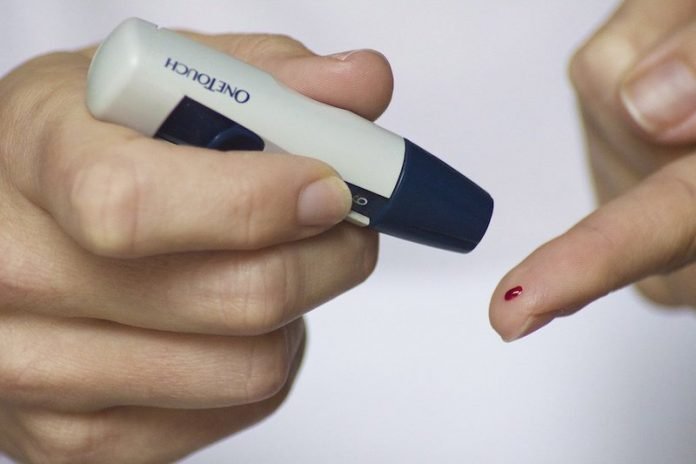
With nearly 10% of the world’s population affected, type 2 diabetes is a major public health issue.
An excessively sedentary lifestyle and excessively caloric diet encourage the development of this metabolic disease by altering the functioning of pancreatic cells and making blood sugar regulation less effective.
However, in a new study from the University of Geneva, researchers found fat, which is often cited as the ideal culprit, could be rehabilitated. Indeed, fat does not necessarily aggravate the disease and could even play a protective role.
In the study, the team tested insulin-producing pancreatic beta cells. They found that these cells suffered less from excess sugar when they had previously been exposed to fat.
The researchers discovered how a cycle of fat storage and mobilization allows cells to adapt to excess sugar.
These results highlight an unexpected biological mechanism that could be used as a lever to delay the onset of type 2 diabetes.
Type 2 diabetes results from a dysfunction of pancreatic beta cells, which are responsible for insulin secretion. This impairs the regulation of blood sugar levels and can lead to serious heart, eye, and kidney complications.
In order to differentiate the effect of fat from that of sugar, the scientists exposed beta cells to an excess of sugar, of fat, and then to a combination of the two.
The toxicity of sugar was first confirmed: Beta cells exposed to high sugar levels secreted much less insulin than normal.
When cells are exposed to both too much sugar and too much fat, the team found that this stock of fat, instead of worsening the situation, allows insulin secretion to be restored to near-normal levels.
The adaptation of beta cells to certain fats would thus contribute to maintaining normal blood sugar levels.
By further analyzing the cellular changes at stake, the research team realized that fat droplets were not static reserves, but were the site of a dynamic cycle of storage and mobilization.
And thanks to these released fat molecules, beta cells adapt to the excess sugar and maintain a near-normal insulin secretion.
The team says this release of fat is not really a problem as long as the body uses it as a source of energy.
To avoid developing diabetes, it is important to give this beneficial cycle a chance to be active, for example by maintaining regular physical activity.
If you care about diabetes, please read studies about diabetes drugs that could help prevent vision loss, and why is insulin more expensive for people with diabetes.
For more information about diabetes, please see recent studies about diets that could greatly benefit women with diabetes, and results showing that scientists find a cure for type 2 diabetes.
The study is published in the journal Diabetologia. One author of the study is Pierre Maechler.
Copyright © 2022 Knowridge Science Report. All rights reserved.




